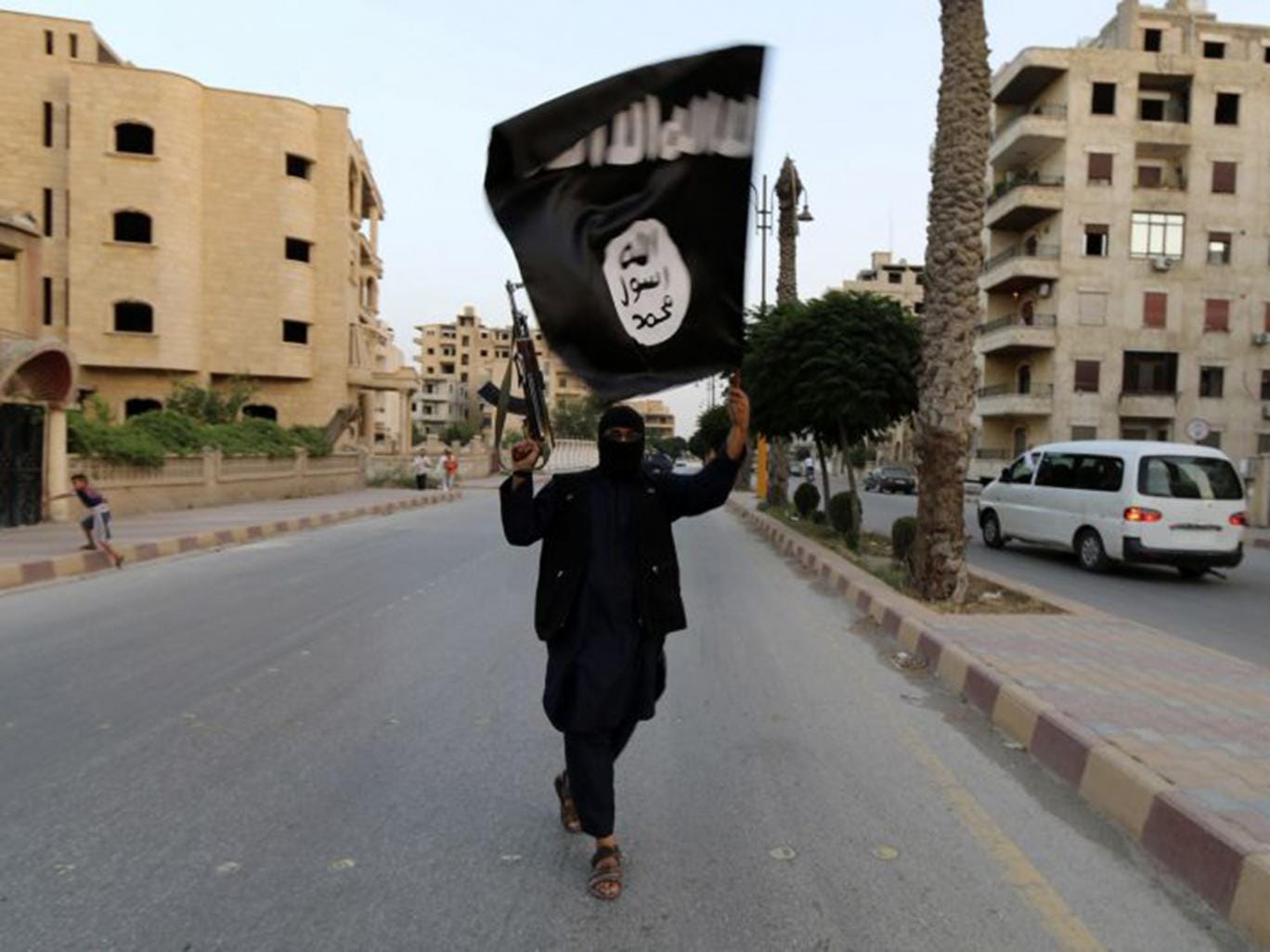A year after his 700-page opus "Capital in the Twenty-First Century" stormed to the top of America's best-seller lists, Thomas Piketty is out with a new argument about income inequality. It may prove more controversial than his book, which continues to generate debate in political and economic circles.
The new argument, which Piketty spelled out recently in the French newspaper Le Monde, is this: Inequality is a major driver of Middle Eastern terrorism, including the Isis attacks on Paris earlier this month — and Western nations have themselves largely to blame for that inequality.
Piketty writes that the Middle East's political and social system has been made fragile by the high concentration of oil wealth into a few countries with relatively little population. If you look at the region between Egypt and Iran — which includes Syria — you find several oil monarchies controlling between 60 and 70 percent of wealth, while housing just a bit more than 10 percent of the 300 million people living in that area. (Piketty does not specify which countries he's talking about, but judging a study he co-authored last year on Middle East inequality, it appears he means Qatar, the United Arab Emirates, Kuwait, Saudia Arabia, Bahrain and Oman. By his numbers, they accounted for 16 percent of the region's population in 2012 and almost 60 percent of its gross domestic product.)
This concentration of so much wealth in countries with so small a share of the population, he says, makes the region "the most unequal on the planet."
Within those monarchies, he continues, a small slice of people controls most of the wealth, while a large — including women and refugees — are kept in a state of "semi-slavery." Those economic conditions, he says, have become justifications for jihadists, along with the casualties of a series of wars in the region perpetuated by Western powers.
His list starts with the first Gulf War, which he says resulted in allied forces returning oil "to the emirs." Though he does not spend much space connecting those ideas, the clear implication is that economic deprivation and the horrors of wars that benefited only a select few of the region's residents have, mixed together, become what he calls a "powder keg" for terrorism across the region.
Piketty is particularly scathing when he blames the inequality of the region, and the persistence of oil monarchies that perpetuate it, on the West: "These are the regimes that are militarily and politically supported by Western powers, all too happy to get some crumbs to fund their [soccer] clubs or sell some weapons. No wonder our lessons in social justice and democracy find little welcome among Middle Eastern youth."
Terrorism that is rooted in inequality, Piketty continues, is best combated economically.
To gain credibility with those who do not share in the region's wealth, Western countries should demonstrate that they are more concerned with the social development of the region than they are with their own financial interests and relationships with ruling families. The way to do this, he says, is to ensure that Middle eastern oil money funds "regional development," including far more education.
He concludes by looking inward, at France, decrying its discrimination in the hiring of immigrants and the high unemployment levels among those populations. He says Europe must turn away from "austerity" and reinvigorate its model of integration and job creation, and notes that the continent accepted a net 1 million immigrants per year before the financial crisis.
The argument has not gained much notice in the United States thus far. It rests on some controversial principles, not the least of which is the question of how unequal the Middle East is compared to the rest of the world — a problem rooted in the region's poor quality of economic statistics. In his paper last year, Piketty and a co-author concluded inequality was in fact quite high.
"Under plausible assumptions," the paper states in its abstract, "the top 10% income share (for the Middle East) could be well over 60%, and the top 1% share might exceed 25% (vs. 20% in the United States, 11% in Western Europe, and 17% in South Africa)."
Under a "high inequality" model by the economists Facundo Alvaredo and Thomas Piketty, inequality in the Middle East exceeds even the United States.
Those would, indeed, be jarring levels. They are the high end of the scenarios Piketty lays out in the paper. Whether they are a root cause of Isis is a debate that is very likely just beginning.
Washington Post








